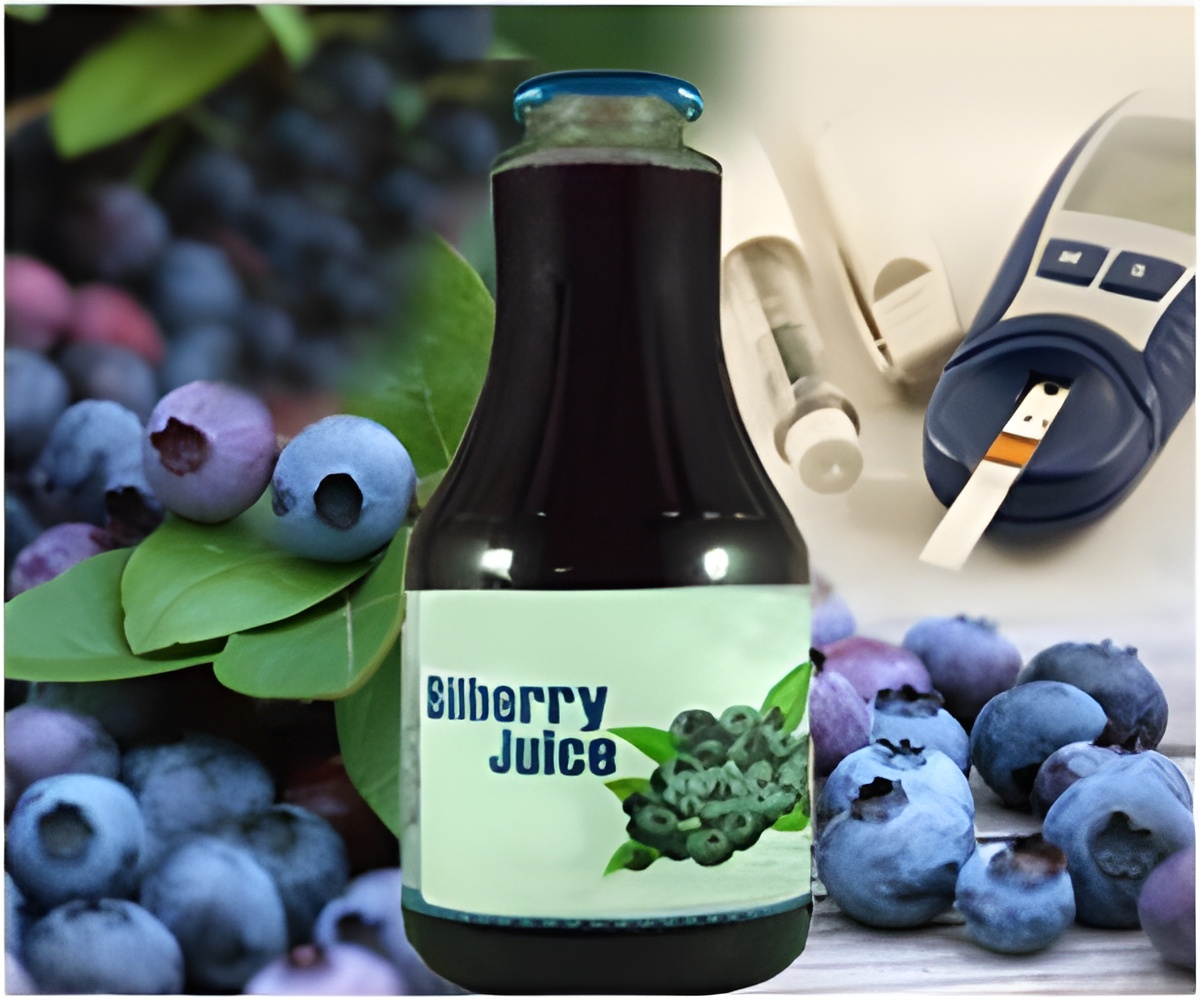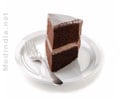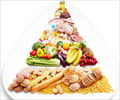Drinking fermented oatmeal-based bilberry drink at breakfast may improve your insulin sensitivity and lower insulin demand in type-2 diabetes, says a new study.

• enhancing insulin sensitivity
• using anti-oxidants to minimize production of free radicals that further harm diabetics
• stabilizing blood sugar fluctuations, and
• reducing the severity of inflammation associated with diabetes.
In other words, foods that have low glycemic response and low insulin index help in the control of type-2 diabetes. Glycemic response can be defined as a measure of the impact of a food on blood sugar. Foods in which the carbohydrates are digested and absorbed very quickly causing the blood sugar levels to increase quickly are said to have high glycemic response (or foods with high glycemic index such as white bread) whereas foods that release glucose slowly into the blood stream have low glycemic response.
Since most studies on blueberries and bilberries focused on the anti-oxidative properties and not on the potential effects of blood sugar control, Yvonne E Granfeldt and Inger M E Bjorck undertook a study to determine the glycemic and insulinemic responses in healthy humans after single meal intakes of fermented oatmeal drinks containing different amounts of bilberries or rosehip.
• Series 1 with two drinks based on Fermented Oat Meal Drink and added with Bilberries or rose hip respectively (BFOMD); and
• Series 2 with a fermented oatmeal reference drink without fruit, and with two fermented oatmeal drinks to which bilberry was added in different amounts.
• As control, a Fermented Oat Meal Drink (FOMD) was served.
The effect of carbohydrate equivalent servings of these drinks on blood glucose and insulin responses was studied at breakfast in 11 non-smoking, healthy young subjects. White wheat bread (with an insulin index of 100) was used as a reference in both series in the calculation of glycemic index and insulinemic index.
Results showed that:
• In series 1, the bilberry and rosehip drinks gave high glucose responses similar to those after the reference bread. However, the insulin index after the fermented oatmeal drink with bilberry (BFMOD) was significantly lower.
• In series 2, a favorably low insulin demand to BFOMD was confirmed. Fermented Oat Meal Drink gave high glucose response (GI=95) but, significantly lower insulin response (II=76). Fermented oat meal drink with a higher amount of bilberry gave remarkably low insulin response II=49, and tended to lower glycemia (GI=79).
‘One cause for the beneficial metabolic effects of a low glycemic diet is probably a lower insulin response and increased insulin sensitivity. The present findings of low insulin demand following bilberry drinks might thus indicate advantageous metabolic properties’, say the authors.
Bilberries and blueberries are a rich source of bioactive molecules like phenolic acids and anthocyanin. They are also powerful antioxidants that may affect glucose and insulin response. Anthocyanins in bilberry have been suggested to reduce blood glucose levels and enhance insulin sensitivity in earlier studies. Although, according to the investigators, it is impossible to draw any conclusions regarding the effects of the anthocyanins and /or polyphenols present in oatmeal-based bilberry drinks in the present study, they feel ‘it cannot be excluded that such components might have contributed to the low insulin demand seen after the fermented oat meal drink added with bilberries’.
The authors concluded, ‘In the present study in healthy volunteers, we found that fermented oatmeal drinks added with bilberries reduced insulin demand to a considerable extent, with the fermented oatmeal blueberry drink enriched with bilberries also being capable of reducing glycemia. The mechanism remains obscure, and provides an interesting area for further investigations’.
Source: http://www.nutritionj.com/content/pdf/1475-2891-10-57.pdf
Source-Medindia















